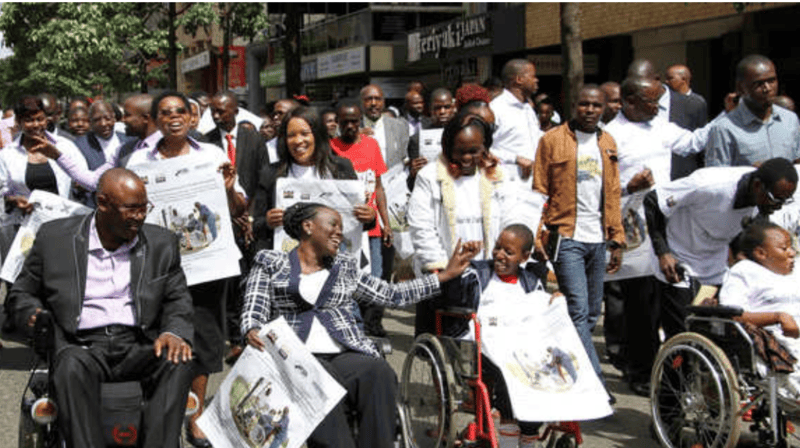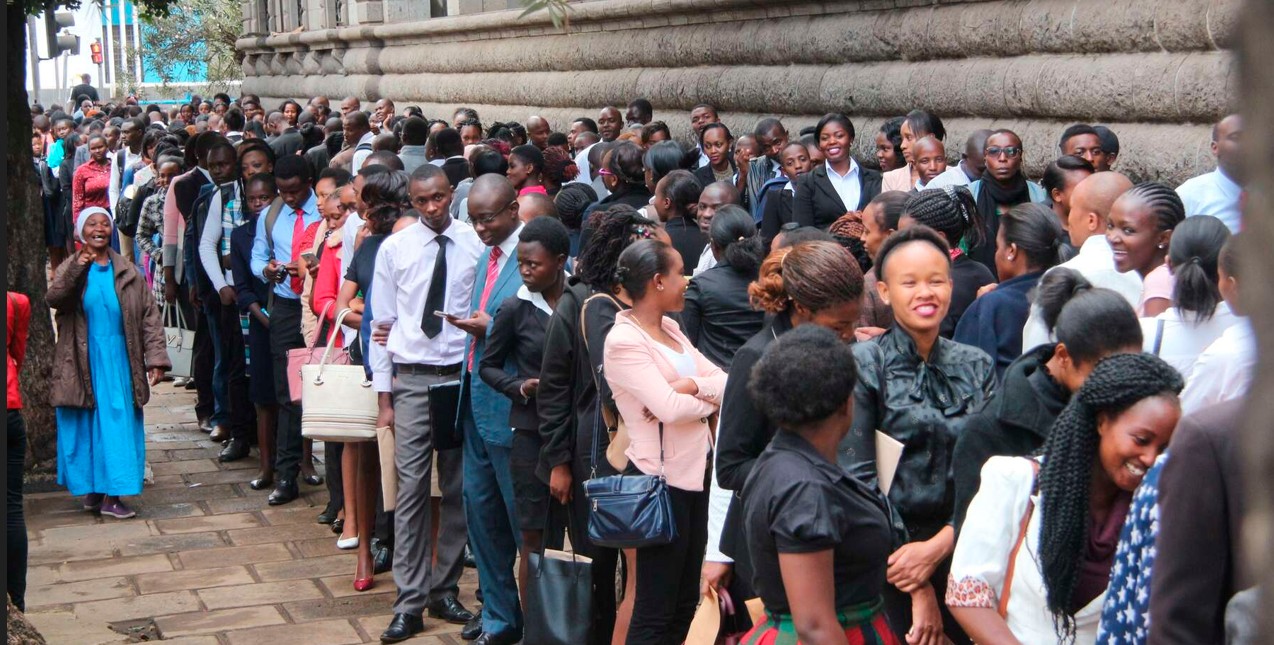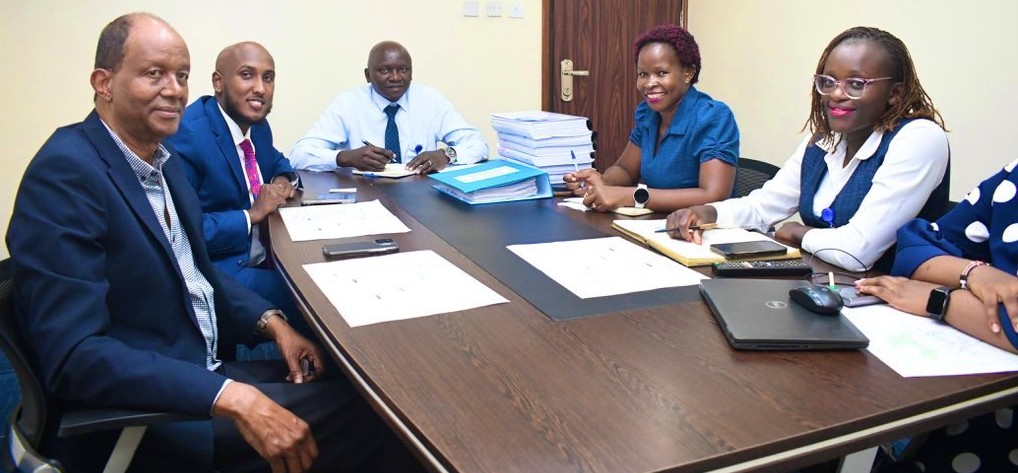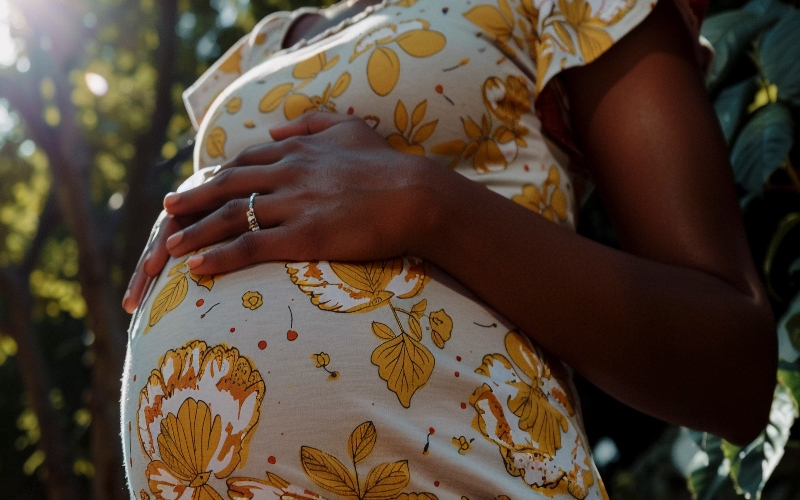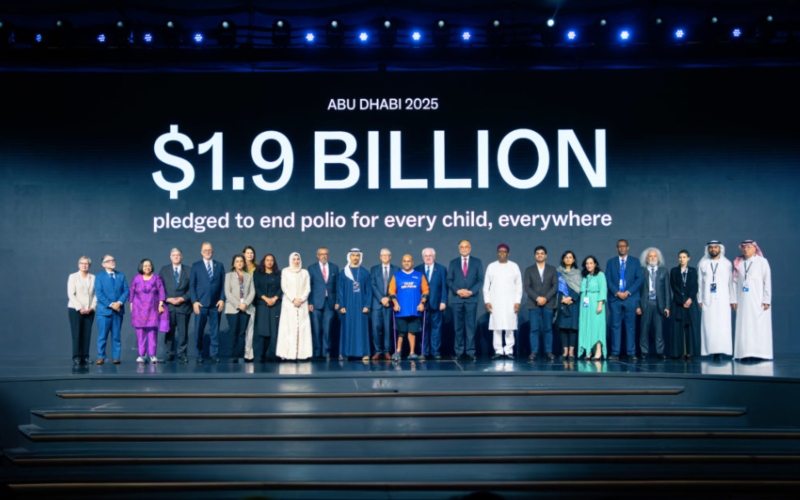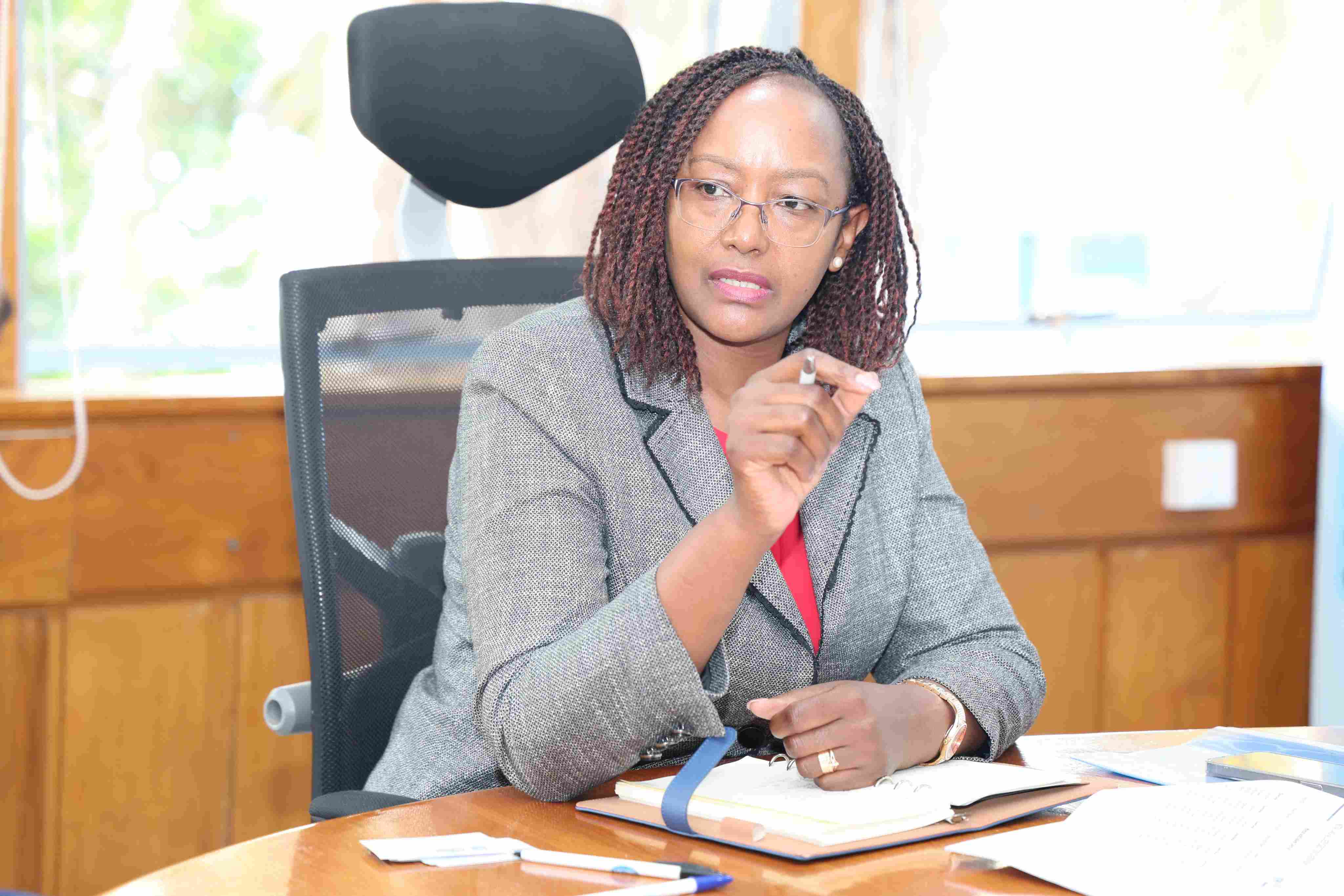Duale explains shift from Linda Mama to maternal package under SHA
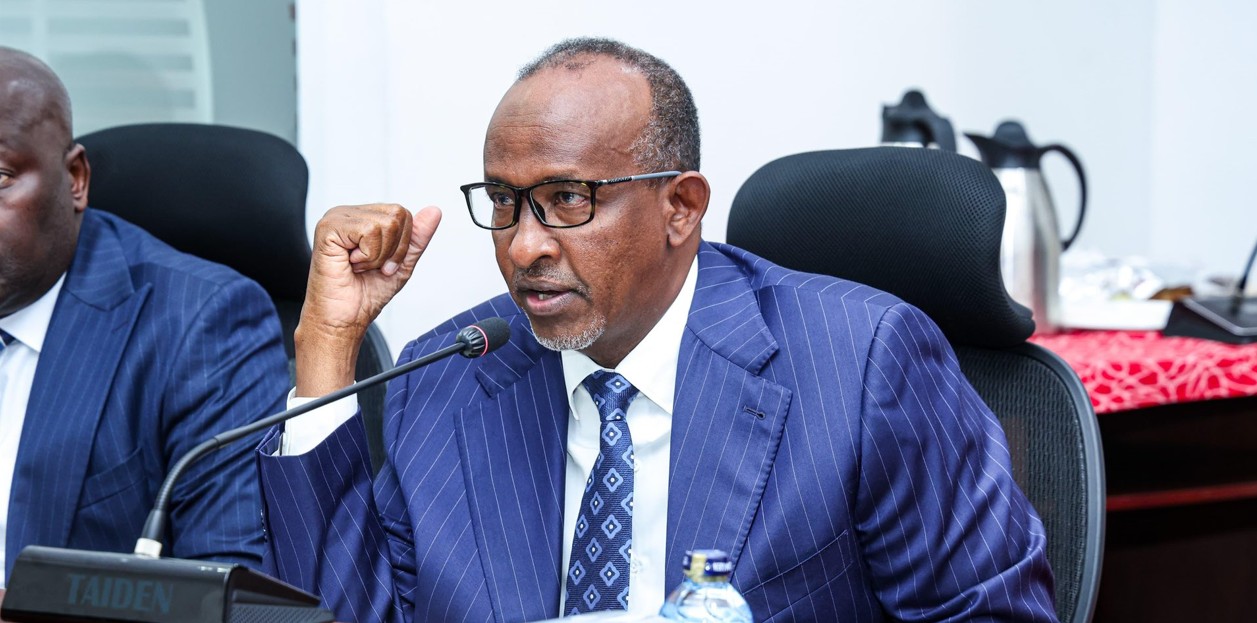
Under the new framework, SHA has put in place a comprehensive household coverage model that ensures vulnerable families can access a wider range of essential health services.
The Kenyan government is moving away from the Linda Mama program, shifting to a household-centred health coverage system designed to reach more vulnerable families.
Health Cabinet Secretary Aden Duale told the Senate on Wednesday that the change was necessary to fix gaps in service delivery and financial management that had limited the effectiveness of the free maternity initiative.
More To Read
- KNCHR says Kenyans still locked out of healthcare despite Sh138 billion SHA boost
- Kenya urges stronger regional cooperation as transport corridors fuel disease risks across East Africa
- MPs ditch SHA, the public health scheme they once praised, and opt for private cover
- How Trump–Ruto health deal fills the void left after USAID exit
- MPs demand SHA clears Sh10 billion in pending NHIF bills within three months
- TSC confirms shift to SHA cover for teachers from December 1
“The Linda Mama programme is not currently administered under the Social Health Authority infrastructure,” Duale said.
“While the program was instrumental in expanding access to free maternal care, it faced very critical challenges that led to the need for a more comprehensive and sustainable model.”
Duale said the decision to adopt a household-based approach is backed by four new health laws passed by Parliament, which created the Social Health Authority (SHA) and set the stage for universal health coverage.
The laws are meant to provide consistent, equitable healthcare for all households, focusing on those who are most at risk.
“The challenges included frequent financing constraints, budget cuts, delayed reimbursements, and significant access and equity gaps, especially for adolescent mothers without identification,” he explained.
“The benefit package was also not comprehensive, as it excluded critical maternal and newborn services like complications and neonatal care,” the CS added.
Under the new framework, SHA has put in place a comprehensive household coverage model that ensures vulnerable families can access a wider range of essential health services.
“The Ministry of Health, through the Social Health Authority, has adopted a very comprehensive household coverage model to ensure all vulnerable families can access a broader range of essential health services,” Duale said.
The CS also revealed that the government is currently sponsoring 558,000 households identified by the State Department for Social Protection through the Enhanced Single Registry. This approach ensures that needy families receive healthcare coverage under the revised system.
“This strategic framework ensures that no vulnerable family is left behind,” Duale noted.
“We are moving from fragmented programs to a unified system that guarantees sustainable access to healthcare for all Kenyans,” he added.
Linda Mama, which started in 2013 under the National Health Insurance Fund, was Kenya’s main free maternity program.
It provided care during pregnancy, delivery, and postnatal periods, as well as for infants, and was a key tool in improving maternal and child health while supporting universal health coverage.
With SHA replacing NHIF, the authority now leads the country’s UHC agenda, streamlining funding, expanding benefits, and ensuring fair access to health services nationwide.
Duale also addressed previous delays in responding to parliamentary questions, assuring senators of timely replies in the future.
“It will never happen again,” he said. “Going forward, I’ll comply with the standing orders and provide the answers within 48 hours.
Top Stories Today




